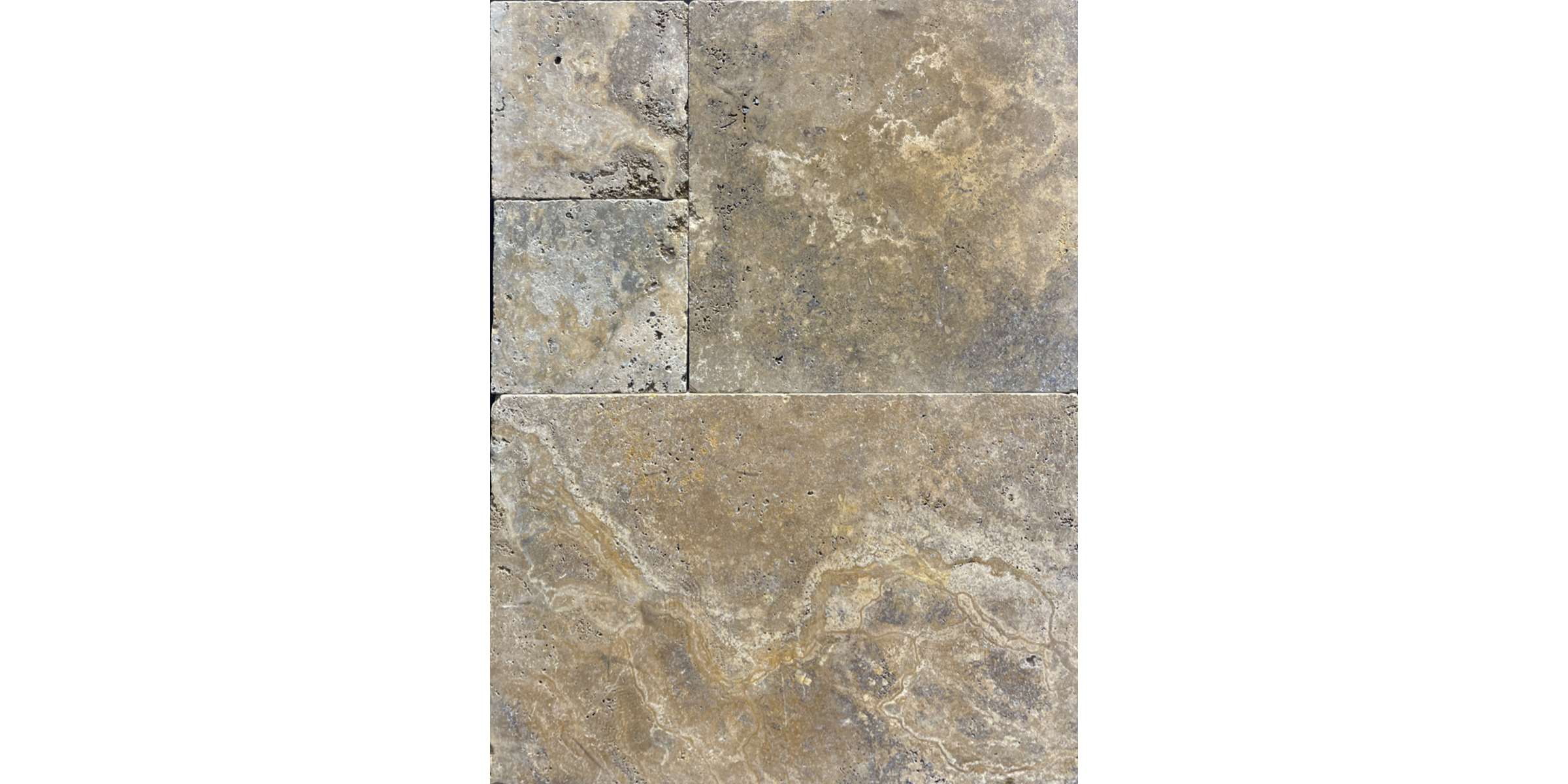Do pavers crack easily? If you’re considering upgrading your outdoor space — whether it’s a patio, walkway, pool deck, or driveway — natural stone pavers are likely on your radar. But one question we often hear is: do natural stone pavers crack easily?
Let’s clear that up right away: No — when properly installed, natural stone pavers are among the most durable and long-lasting materials you can choose. Here’s why.
The Strength of Natural Stone
Nature has forged natural stone like granite, limestone, bluestone, travertine, or sandstone over millions of years. These stones have stood up to extreme weather, natural erosion, and immense pressure — making them incredibly strong materials for human-made surfaces.
Unlike man-made concrete pavers, which can sometimes chip or crack under pressure, natural stone pavers offer exceptional strength and resilience. Each piece is unique, with its own mineral makeup and density, giving it a timeless beauty and toughness that concrete simply can’t replicate.
Why Natural Stone Pavers Resist Cracking
✅ Naturally dense and strong
Many natural stones are extremely dense, which makes them resistant to cracking under normal use. Stones like granite and bluestone, for example, have high compressive strength and can easily withstand foot traffic, patio furniture, and even vehicle loads when used in driveways.
✅ Installed on a flexible base
Just like other pavers, natural stone pavers are typically laid over a compacted base with sand or fine gravel joints. This flexible system allows slight ground movement without causing cracks — unlike rigid concrete slabs.
✅ Better performance over time
While some surfaces (like concrete) can develop spider cracks, settle unevenly, or wear out under UV exposure, natural stone ages gracefully. Minor wear only adds to its charm, and because the material is solid stone, superficial chips rarely compromise its strength or beauty.
What Could Cause Natural Stone Pavers to Crack?
While natural stone is tough, no material is completely immune to damage. Here are rare situations that might lead to cracks:
-
Improper installation (such as an unprepared base or lack of edge restraint)
-
Extreme heavy loads beyond what the stone is rated for (especially on thin tiles rather than full-thickness pavers)
-
Unusual impact (like a very heavy object dropped from height)
But here’s the good news: these issues are preventable when you work with experienced professionals and choose the right stone for the right application.
How to Maximize the Lifespan of Your Stone Pavers
✔ Choose the right stone for your project (some stones are better suited for patios, others for driveways)
✔ Work with expert installers who understand how to prepare the base and lay the pavers properly
✔ Seal and maintain the surface if recommended for your stone type and climate
✔ Address drainage issues early to avoid water buildup or frost-related movement
The Bottom Line
So do pavers crack easily? When you invest in natural stone pavers, you’re choosing one of the most durable, crack-resistant, and timeless materials available. Properly installed and cared for, natural stone pavers can last for decades — maintaining their beauty and strength far longer than many man-made alternatives.
So if you want a surface that’s as tough as it is beautiful, natural stone is the clear winner.

